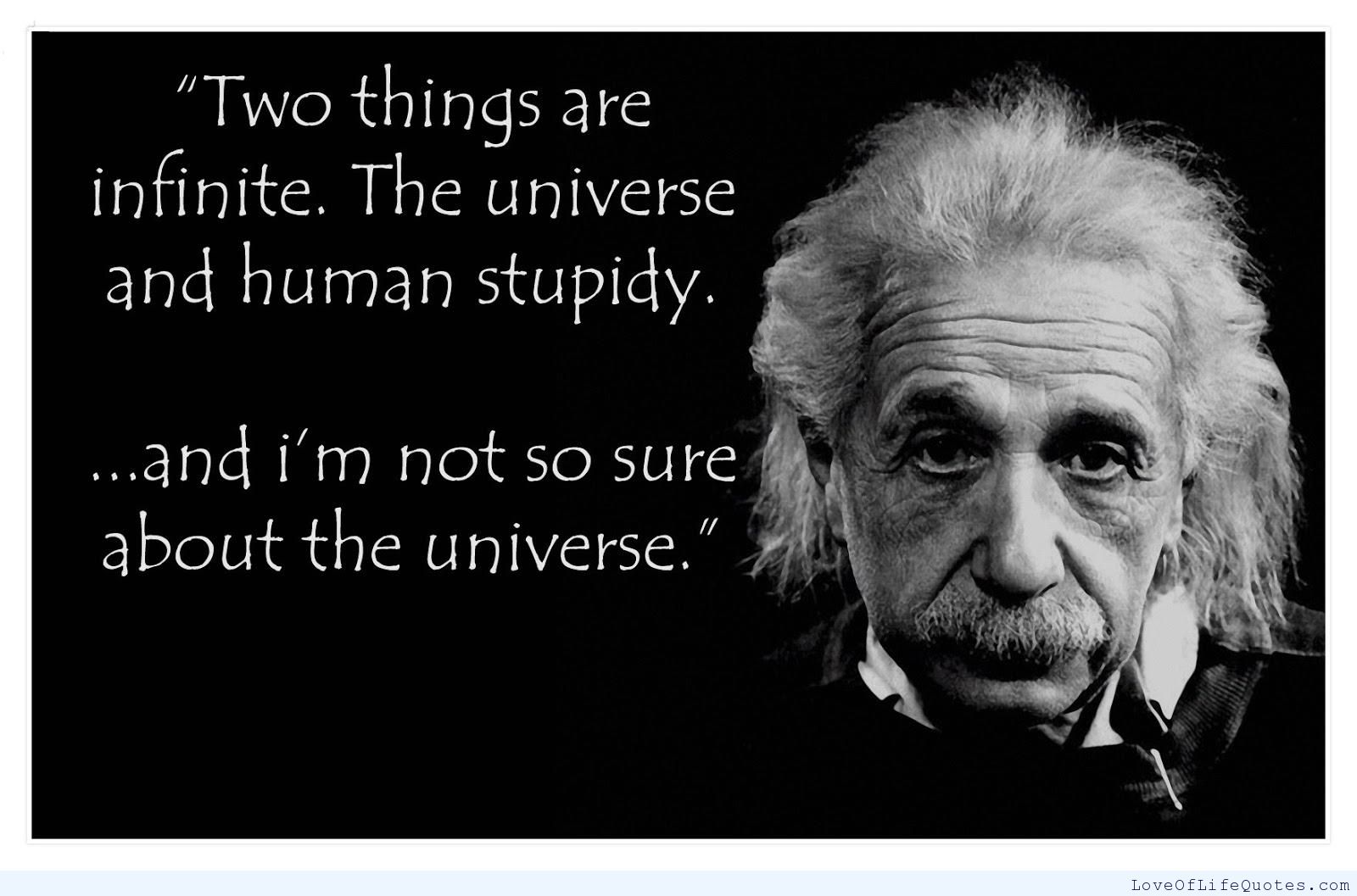vazaki3
Well-known member
Cardano is the coin that substituted Dash as the dominant governance coin in coinmarketcap. (due to the well known stupid decisions of the Dash masternodes )
According to this cardano reseatch paper
SoK: Blockchain Governance - IOHK Research
Overleaf Example (arxiv.org)
there are 10 properties of blockchain governance
According to this cardano reseatch paper
SoK: Blockchain Governance - IOHK Research
Overleaf Example (arxiv.org)
there are 10 properties of blockchain governance
- Secrecy
- Pseudonymity
- coercion-resistance
- Individual and Universal Verifiability
- Pareto Efficiency
- Accountability
- Sustainable Development
- Sustainable Participation
- Liveness
- Suffrage
Aggelos Kiayias. Philip Lazos said:Dash
Like Bitcoin, Dash [66] uses a proof-of-work consensus mechanism. However, Dash’s approach to governance takes a formal, on-chain form. The Dash Governance System (DGS) uses a ‘budget and masternode voting system’ to govern and fund the underlying blockchain’s development and maintenance. Masternodes are nodes that can place at least a 1, 000 DASH, the platform’s native token, as a collateral to participate in the consensus protocol and governance process. Each masternode has a single, public, approval vote expressing which improvement proposals the masternode approves of. In each voting cycle (which is roughly a month long), project proposals are submitted and then voted on. Even though anyone can submit a proposal, doing so comes at a cost of 5 DASH to ensure that only serious proposals are voted on. The DGS implements a system very similar to Project Catalyst with one difference: A proposal is eligible for funding if the number of ‘Yes’ votes minus the number of ‘No’ votes is at least 10% of the total masternode count. Additionally, if there are two proposals with the same approval, then the one with a larger proposal transaction hash is ranked higher. The treasury is funded through various channels. When new blocks are mined, 45% of the block reward is reserved for the miner, 10% for the budget and 45% for the masternodes’ reward.
Aggelos Kiayias. Philip Lazos said:We now perform evaluations of the Dash DGS against the properties developed in Section II.
- Confidentiality: – Secrecy: Since the masternodes vote publicly, the DGS does not satisfy secrecy.
- Pseudonymity: Masternodes are not required to reveal their real-life identities to participate in the governance process; therefore pseudonymity is satisfied.
- Coercion-resistance: Since masternode votes are tied to their chosen pseudo-identities, coercion resistance is not satisfied.
- Verifiability. Since the votes and final tally are all public, verifiability is, by definition, satisfied.
- Pareto Efficiency. As with Project Catalyst, Pareto Efficiency is only somewhat satisfied.
- Accountability. Although masternodes are required to lock 1, 000 DASH to vote, if a group of masternodes vote in a malicious proposal, they will face no negative consequences and will be able to unlock their funds before the malicious proposal is enacted. Therefore, accountability is not satisfied.
- Sustainability: Sustainable Development. Although there is no explicit incentive or reward given to the proposing group or individual, it is the responsibility of the proposer to request the amount which represents the value of their work. Therefore, sustainable development is satisfied.
- Sustainability: Sustainable Participation. Masternodes are rewarded with part of the block reward for their participation in the consensus and governance process. Therefore, sustainable participation is satisfied.
- Liveness. Given the lack of flexibility of the on-chain governance model, the DGS is incapable of taking inputs of urgency and responding to them in accordance to the severity of the issue. Although a Github issue or a pull request could be initiated without going through the formal on-chain route, it is still not the officially defined way by which the system processes inputs. Therefore, liveness is not satisfied.
- Suffrage. Since voting eligibility depends on only having at least 1, 000 DASH, token-based suffrage is satisfied.
Last edited:


